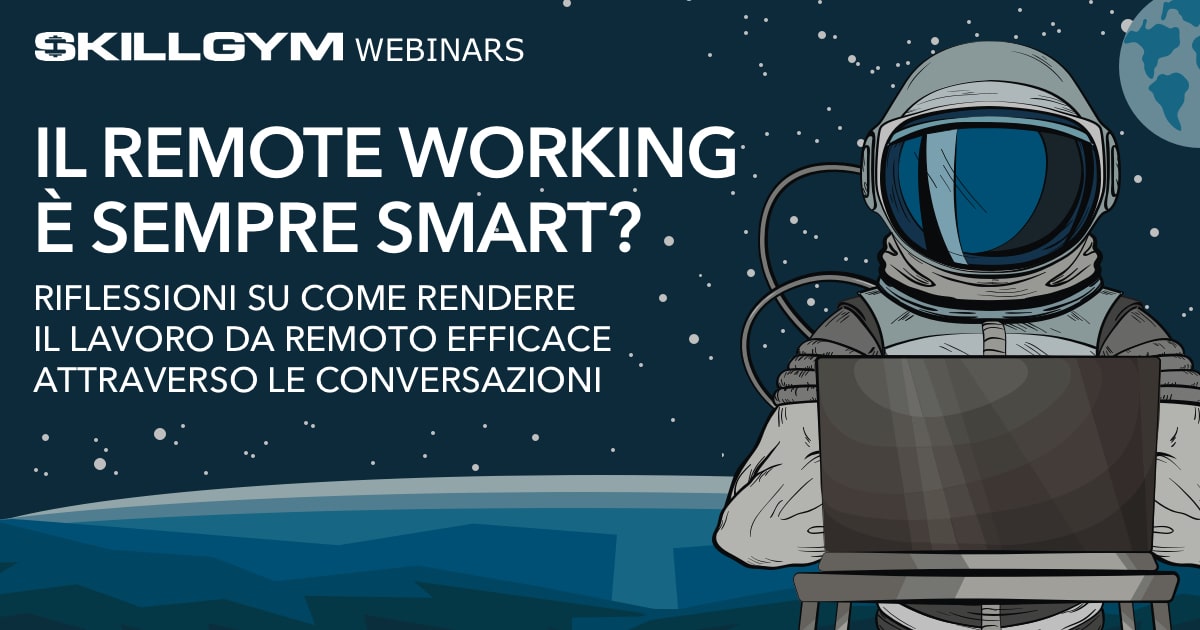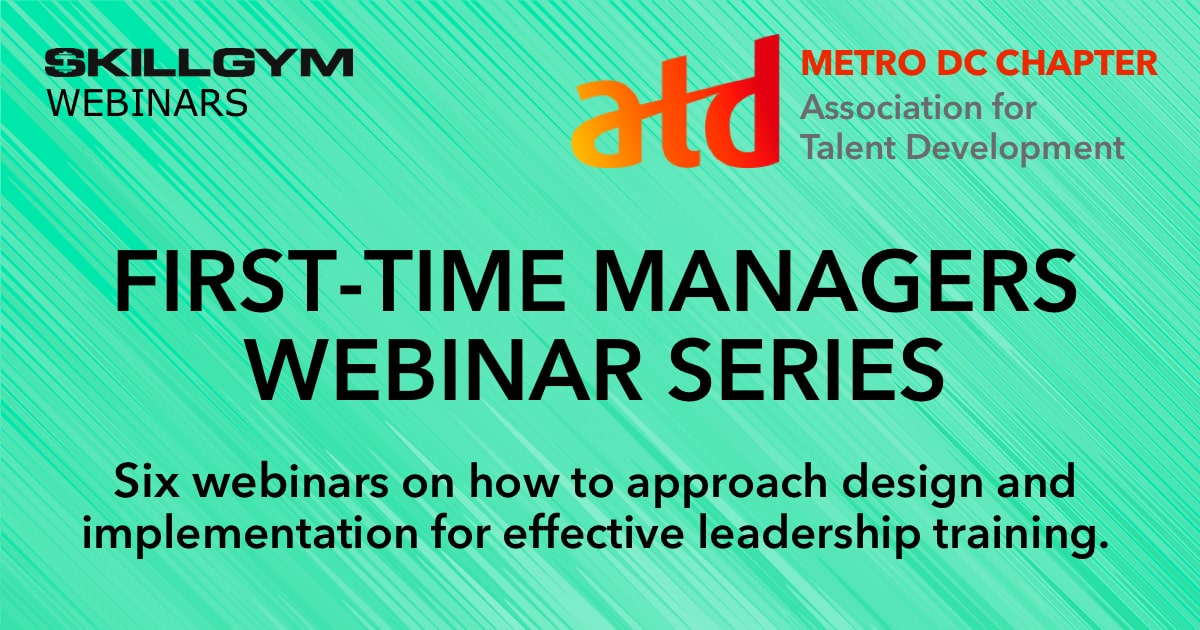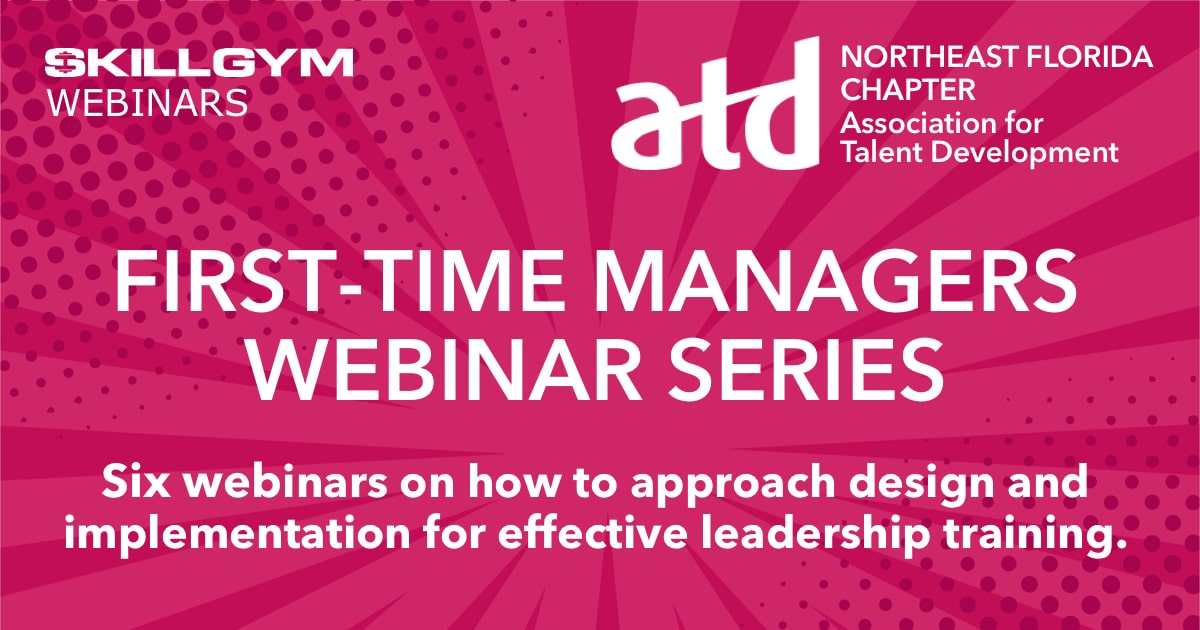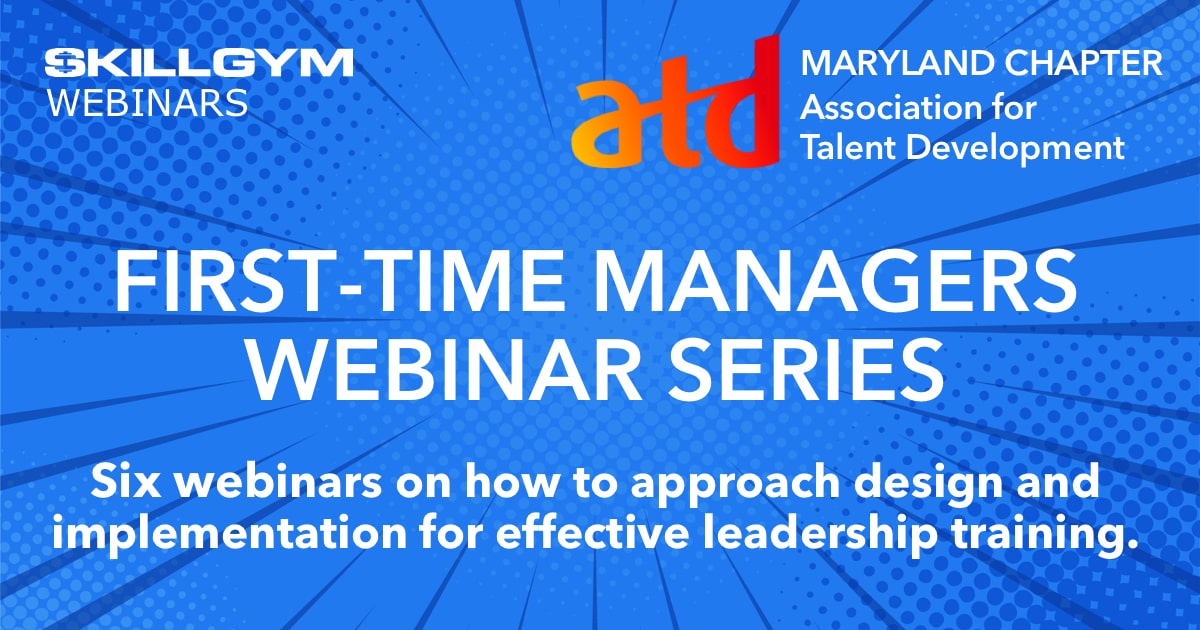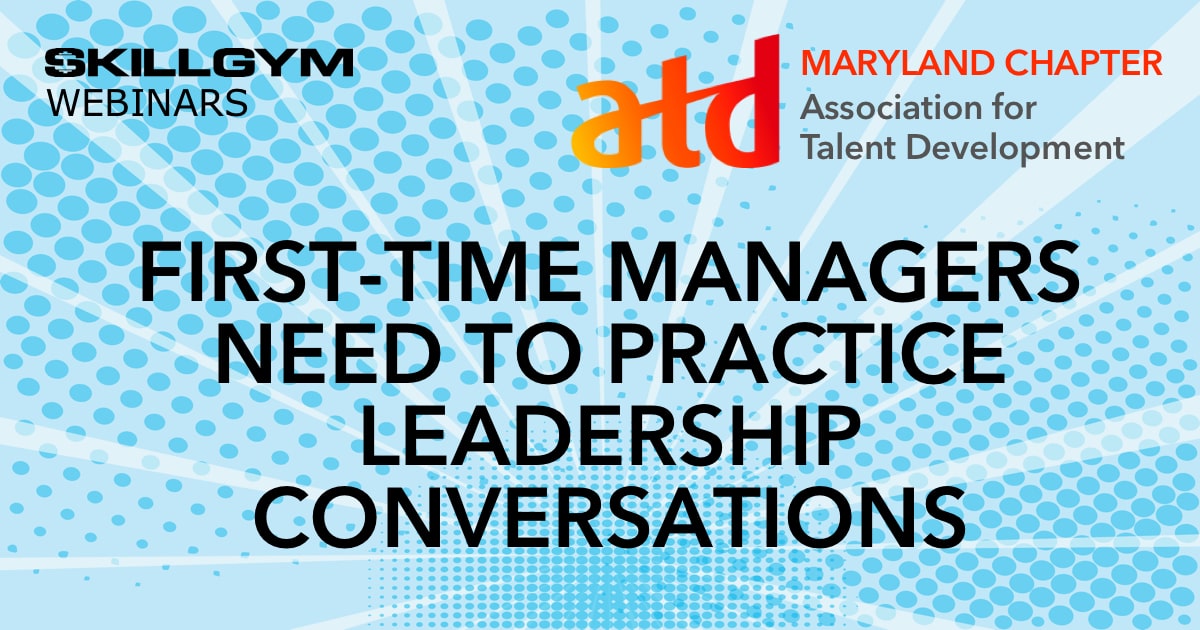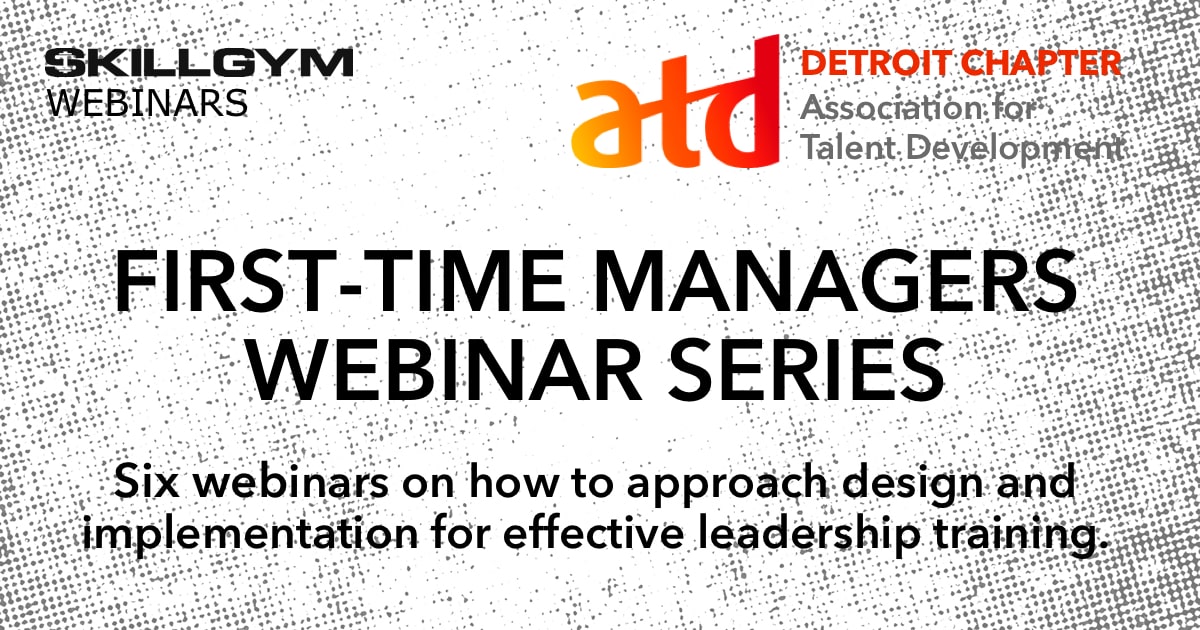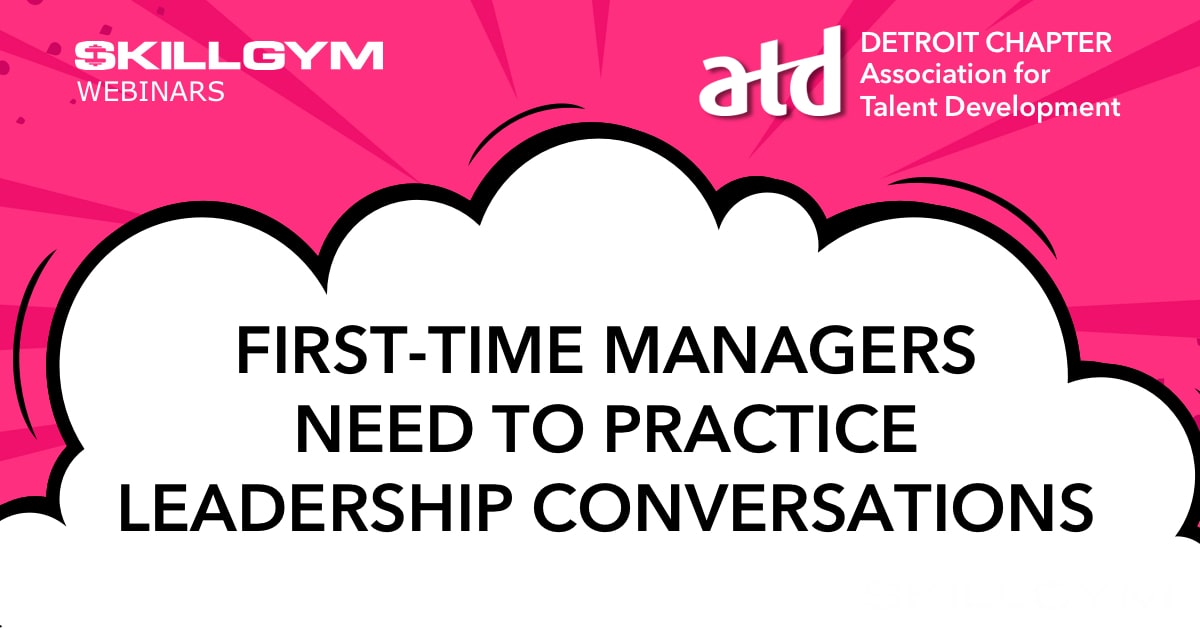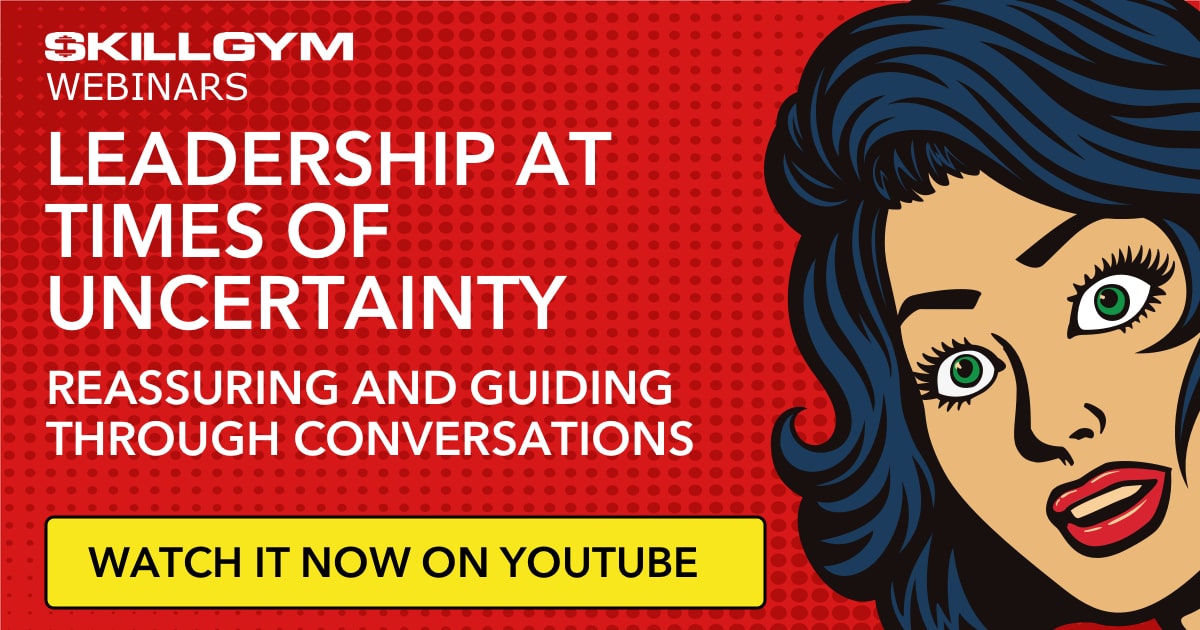Il Remote Working è sempre Smart?
Riflessioni su come rendere il lavoro da remoto efficace attraverso le conversazioni
Negli ultimi mesi, le aziende sono state chiamate a mettere in pratica cambiamenti radicali e imprevisti, con una rapidità che fino ad allora era ritenuta impensabile.
Una delle principali sfide è stata la completa “remotizzazione” del lavoro delle proprie persone. In queste ultime settimane di emergenza, grazie anche al proliferare di messaggi, post e approfondimenti sul tema, abbiamo avuto modo di vedere come spesso il concetto di lavoro da casa (o “remote working”) sia stato affiancato a quello di smart working, se non ritenuto un suo sinonimo. Nonostante esista una legge che definisce le caratteristiche dello smart working, ci piace pensare che il lavoro (sia esso a distanza o in presenza) può definirsi davvero smart quando entrano in gioco attitudini e skills ben precise in grado di alimentare un purpose condiviso e un sistema di valori che sostiene soluzioni e dinamiche di relazione davvero “smart” ed efficienti. La nostra esperienza di “allenatori di conversazioni” ci porta a dire che mettere in pratica lo smart working non vuol dire “remotizzare” il lavoro, ma saper costruire relazioni empatiche tra le persone del proprio team, attraverso conversazioni efficaci e autentiche.
Approfondiremo questi aspetti con l’aiuto di Giovanna Bellezza, Responsabile delle Relazioni Industriali di TIM e Marta Cavagnet, Head of Enterprise Department and Innovation Leader di ManpowerGroup Italia che ci racconteranno il loro punto di vista e la loro esperienza diretta in questo periodo così “particolare”.
Ecco i punti che discuteremo durante il webinar, anche grazie al contributo dei partecipanti:
- Cosa rende il remote working “smart“;
- Come hanno operato le organizzazioni che hanno messo in pratica azioni di smart working e quali sono le difficoltà che hanno incontrato;
- Come far leva sulle conversazioni per diffondere un clima di consapevolezza, empatia e inclusività anche in situazione di incertezza e distanziamento fisico;
- Quali sono le azioni chiave da mettere in pratica per rendere realmente efficaci le conversazioni che contano, anche a distanza.
WEBINAR
Il Remote Working è sempre Smart?
Alessandro Guerrini
Matteo Malatesta,
SkillGym
SPEAKERS

Alessandro Guerrini
Head of Business Development, SkillGym
Alessandro parla ogni giorno con clienti, prospect e partner per capire insieme a loro come SkillGym può supportare le loro strategie di People Development. Ha una lunga esperienza come project manager e nel corso della sua carriera è stato alla guida di numerosi progetti di Digital Transformation.

Matteo Malatesta
Head of Business Design, SkillGym
Matteo è un Business Designer, un ruolo di congiunzione tra il prodotto, il mercato e la strategia che ha il compito di portare la voce di tutti gli stakeholder ai diversi “tavoli” e supportare il loro sviluppo armonico ed efficace rispetto alle diverse esigenze. Matteo ha maturato un’esperienza variegata in diversi ambiti, dalla consulenza strategica e il Design Thinking al lancio e gestione di start-up in diversi ambiti (tra i quali quello della formazione e del digital). Il suo viaggio ha seguito un percorso che lo ha portato dall’Italia all’Asia, dove ha vissuto 6 anni, e poi, di nuovo, in Europa.
